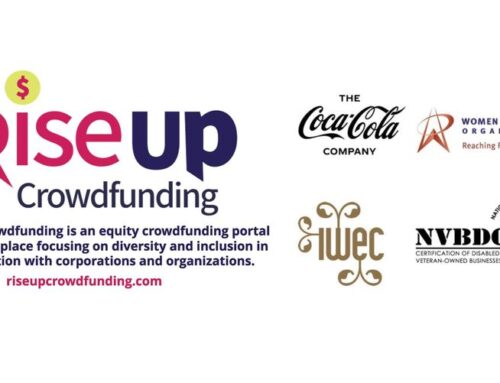The answer to which country has the highest proportion of women-owned businesses might come as a surprise.
No, it’s not any of the progressive Scandinavian countries that have the highest proportion of female entreprenuers
Words by Fi Bendall for Weekend Switzer, Australia
It’s not the very forward-thinking Canadians, nor is it the UK, Australia, US or New Zealand. Must be Germany or The Netherlands, I hear you say. Wrong again. These are not the countries having the highest proportion of female entrepreneurs.
The country with the highest proportion of female entrepreneurs is the West African country of Ghana, with women owning 46.4% of all businesses, according to the Mastercard Index of Women’s Entrepreneurship(MIWE) released last year. The next two on the list might surprise you too, with women owning 35% of all businesses in Russia, while the figure is 34% in Uganda.
The MIWE report found that New Zealand is the best country overall for female entrepreneurs and women business owners. New Zealand achieved its top ranking because of its high scores in the areas of supporting entrepreneurial conditions, knowledge assets and financial access, and women’s advancement outcomes.
So why exactly is there such a high rate of business ownership among women in Ghana? The answer is intriguing.
In the report, Ghana is described as “uniquely placed”. Many of the factors that contribute to the overall conditions for female entrepreneurship are classified by the report as either “poor” or even “very poor”; this includes such as factors as ease of doing business, quality of governance, support for SMEs, and education levels. These factors place Ghana on an equivalent level to countries like Malaysia, Romania, Russia, Brazil and Argentina in the overall MIWE index rankings.
However, Ghana’s women manage to overcome these factors and demonstrate an extremely high drive to become business owners. Part of this can be explained by ‘need-based’ entrepreneurship, which basically means that women in Ghana have very few options other than to start their own small business as a way of supporting themselves and their families.


